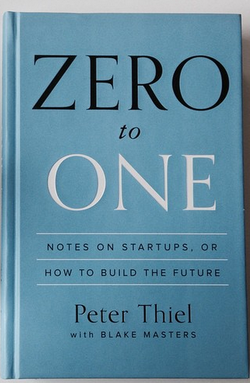
This is my review of the book "Zero to One - Notes on startups , or how to build the future" by Peter Thiel. Its quite an ambition title, but the book delivers on its promise (except the last two chapters with the weird illustrations) . I was excited to read this book primarily because of its author. Peter Theil is co-founder of Paypal (which recently separated from eBay and went IPO) and Palantir and was an early investor in Facebook. He is a extremely successful venture capitalist, his firm Founders Fund has an impressive portfolio including Strip and ZocDoc (ZocDoc being one of the most promising health tech startups to come out of New York city in a while).
The main premise of the book is to reinforce the belief that investing in technology (not just computers) will lead to a better future. The book has lots of nuggets of wisdom, but here are my favorites:
- To go from 0 to 1 is to build something new: To go from 1 to n is to iteratively improve or build upon existing technology. Going from 0 to 1 will lead to a better future, going from 1 to n turns you into HP or Microsoft.
- Chance has very little to do with success (sorry Malcolm Gladwell) : People succeed not necessarily because of their upbringing but because they rise to the occasion, invent and work hard.
- The geek shall inherit the world. But the geek must learn to work with others: Only a classic piece of literature could be made in isolation. To build an industry you need a team.
- The smaller, the more focused the team the greater the chances of success: This is something I 100% agree with. The agile software manifesto also talks about the same notion.
- To be weird, peculiar and unique is good: Geeks are weird, socially awkward, sometimes plain crazy. They defy conventional wisdom and this is why they take the less beaten path and succeed. They are less vulnerable to preconceived notions. They are less likely to repeat other peoples mistakes.
- Everyone sells: Engineers must learn not to underestimate the importance of sales and delivery. No matter how good your product is, you still need to convince people to use it.
- Monopoly is a good thing, undifferentiated competition is bad: A startup must choose a specific user base (Paypal for example chose eBay sellers) and dominate that space and then look to expand. Facebook chose Harvard students, Tesla chose the the luxury green market.
- Planned Optimism is the key to the future: Believe in miracle of technology, but have a plan. A bad plan is better than no plan. To be agile means to adapt. But you still need to have a plan. It was unplanned optimism that lead to the dot com bubble.
- Build a valuable company that no one is building: A company should add value but must also be valuable. This basically means that your company must have a useful product but must also generate revenue. People must be willing to pay for your product.
- A framework to evaluate your startup/idea/project
- Is it innovative? This is the key!
- Is now a good time for this product?
- Will it be a monopoly in a small segment?
- Do you have the right team?
- Do you have Sales and Delivery?
- Will your product last? Or will an existing big player make it worthless. This is a crucial point and reminds me of a bunch of e-commerce startups that failed.
- Do you have a secret? Does your product have a killer feature that no other product in the market have?
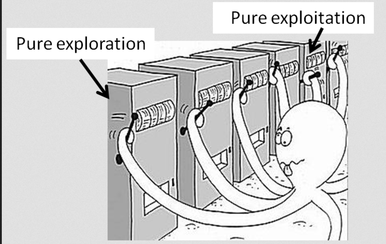


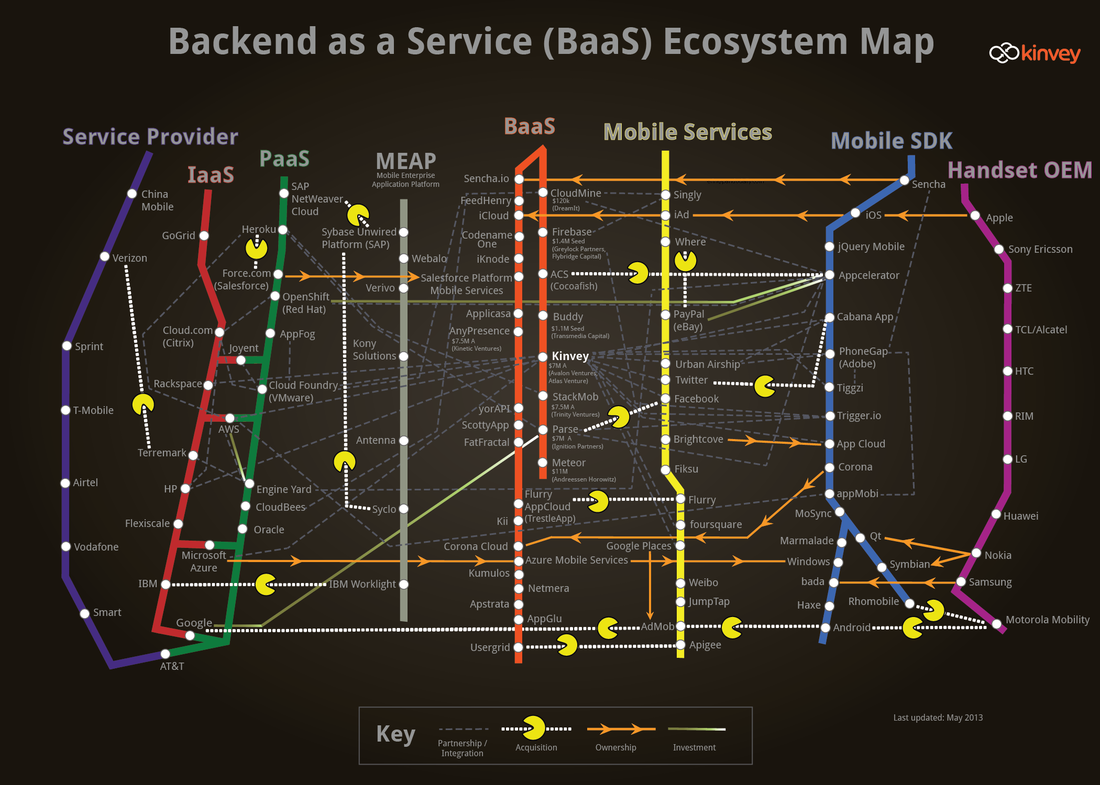
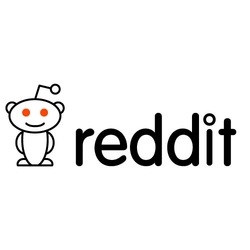



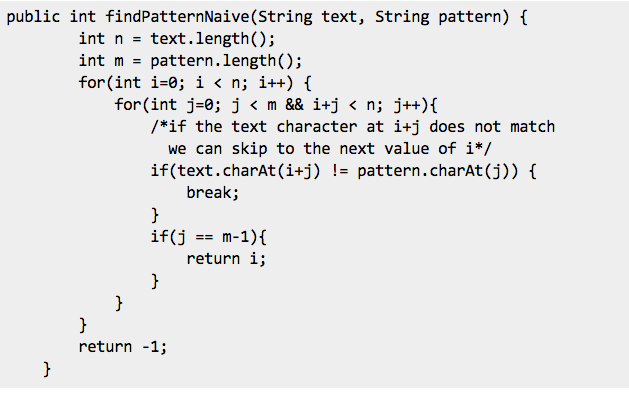





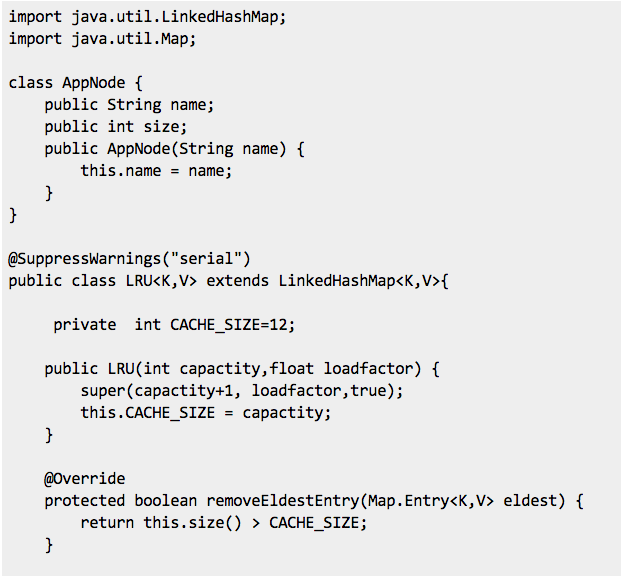
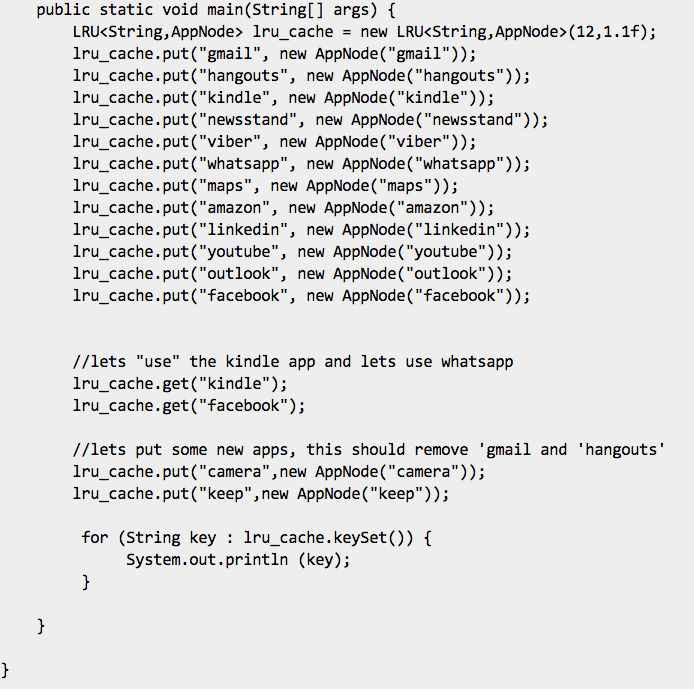
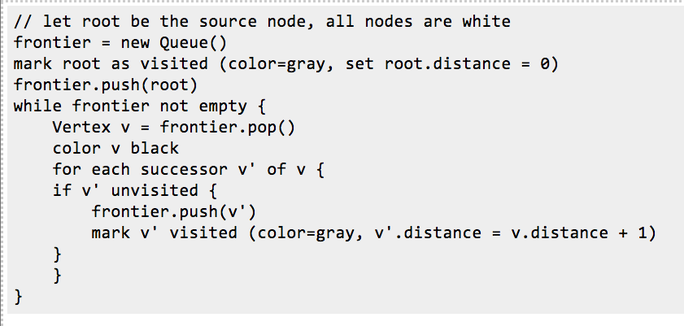
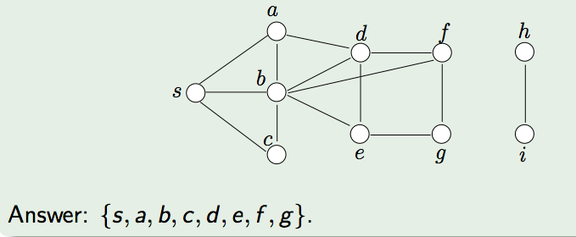
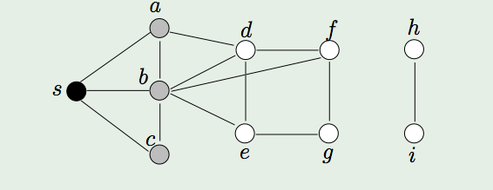



 RSS Feed
RSS Feed
